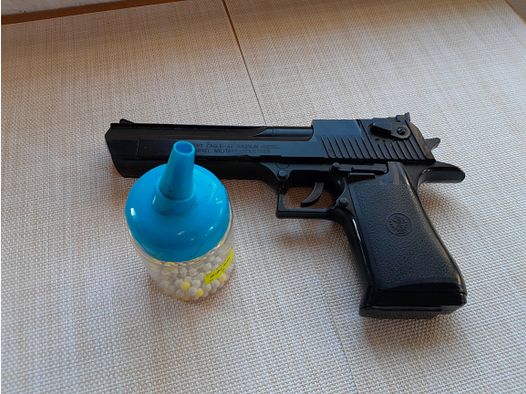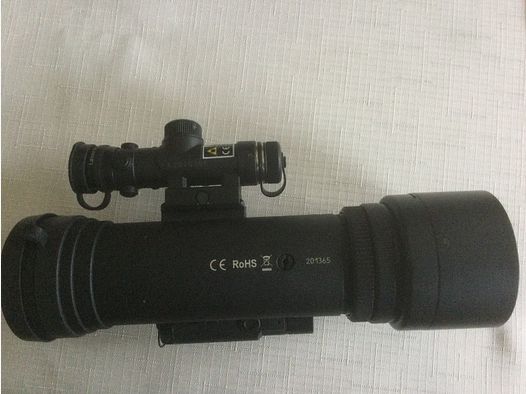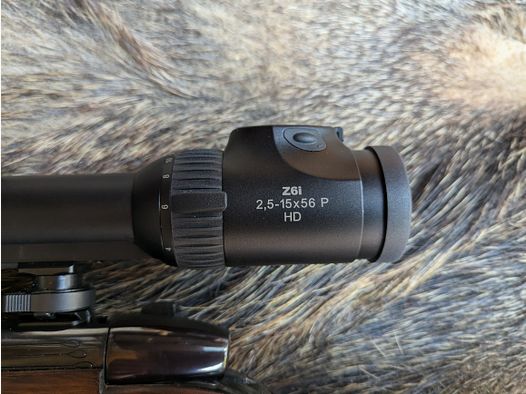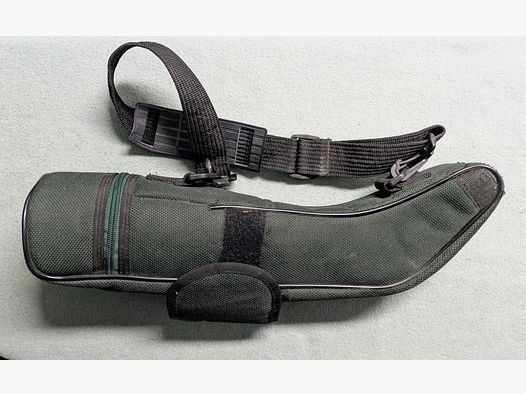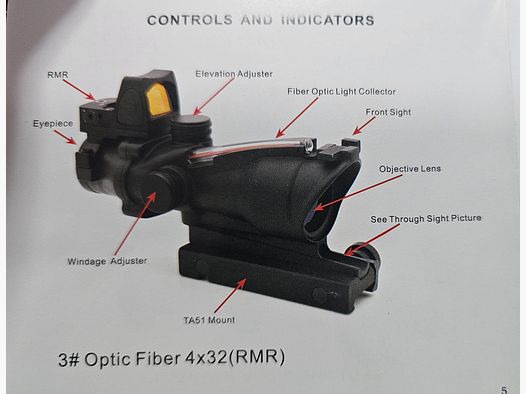The legal basis of self-defense
The legislator has regulated criminal self-defense in § 32 StGB to grant people the right to defend themselves in certain situations. According to this law, anyone who commits a crime that is required by self-defense does not act unlawfully. The law further defines the term self-defense as the defense that is necessary to avert an imminent unlawful attack against oneself or another person. This means that self-defense can be exercised not only for one's own defense but also to assist another person who is being attacked. However, the attack must occur immediately - for example, knocking down an attacker after they have completed their unlawful attack is not self-defense!
The scope of self-defense
Self-defense may always be exercised when a person or another person is being attacked. This includes not only physical attacks but also situations where property or the right to one's home is threatened. This means that self-defense is always justified when one of the protected legal goods, such as body, life, property, or honor, is threatened.
The right to defend oneself in self-defense situations
In a self-defense situation, a person has the right to defend themselves against the attack. The legislator requires that the person uses the mildest means available. However, it is important to note that this "mildest means" must also be effective enough to safely and definitively repel the attack. The person is not obliged to first try milder means to see if the attacker can be stopped with them. The choice of means of defense also depends on the specific situation and the means available. The person does not have to choose a defense that carries a risk of injury. The right of self-defense allows anything that is suitable to safely and definitively repel the attack, as long as it is the mildest means available. Fleeing from attackers is not considered a milder means of defense. Therefore, a person should not be blamed for not fleeing. The right must not yield to the wrong.
The use of weapons in self-defense situations
In the event of an attack, a person may also use weapons if this is the mildest means available. For example, if a person is attacked at night in their home by two masked assailants who threaten them with a gun. In the nightstand drawer, there is pepper spray and a hammer. Although the use of pepper spray would be the milder means from the attackers' perspective, it would likely not be effective enough in the specific attack situation to safely and definitively end the attack. The use of the hammer, which could cause severe injuries, could therefore be justified in such a situation to ensure one's safety.
What is the best self-defense strategy?
The best self-defense does not consist solely of learning combat techniques but rather of long-term strategic approaches. It is about avoiding situations where violence is threatened and focusing primarily on prevention and risk management. Effective self-defense begins with awareness of one's surroundings and the potential dangers that may arise. It involves developing self-awareness, self-confidence, and the ability to recognize dangers early and respond appropriately. Long-term strategies include improving one's fitness, planning escape routes, building a strong social network, understanding legal frameworks, and utilizing communication and de-escalation techniques. By acting proactively and focusing on various aspects of self-defense, one can create the best opportunity in the long run to avoid violence and protect oneself effectively.
(We do not accept any liability for the statements made)




